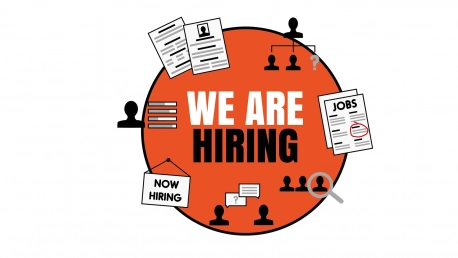The landscape of healthcare Human Resources has undergone a dramatic transformation, evolving beyond the confines of traditional benefits administration to a role of strategic significance. While core responsibilities of HR such as payroll and compliance remain, the scope has expanded to encompass the shaping of organizational culture, enhancing employee well-being, and implementing strategies for effective recruitment and retention.In the wake of escalated workforce challenges brought on by labor shortages and economic pressures, today’s HR leaders are forging stronger partnerships with CEOs to navigate these complex issues. This symbiotic relationship is imperative for steering healthcare organizations successfully through the tumultuous waters of the modern labor market, where the war for talent is fierce, and employee expectations are ever-evolving.
Shaping a Supportive Workforce Environment
In today’s healthcare sector, HR metrics have surged in significance, acting as vital tools for workforce management. Leaders now leverage data-driven insights heavily to measure employee engagement, productivity, and detect early signs of burnout. Such analytics are critical for shaping policies that enhance workplace satisfaction and foster organizational loyalty.Maxine Carrington of Northwell Health points out how cultural dynamics have become the linchpin in both attracting and retaining staff. With HR taking a strategic stance, it’s essential in constructing a work environment that draws and supports top-tier talent. Hence, keeping abreast of healthcare trends and readying the workforce for upcoming challenges is quintessential.In summing up, healthcare HR has transcended its conventional function, now holding a strategic position within organizations. Its role has expanded, highlighting the need for HR leaders to be flexible, forward-thinking, and proactive in steering their organizations toward success.









